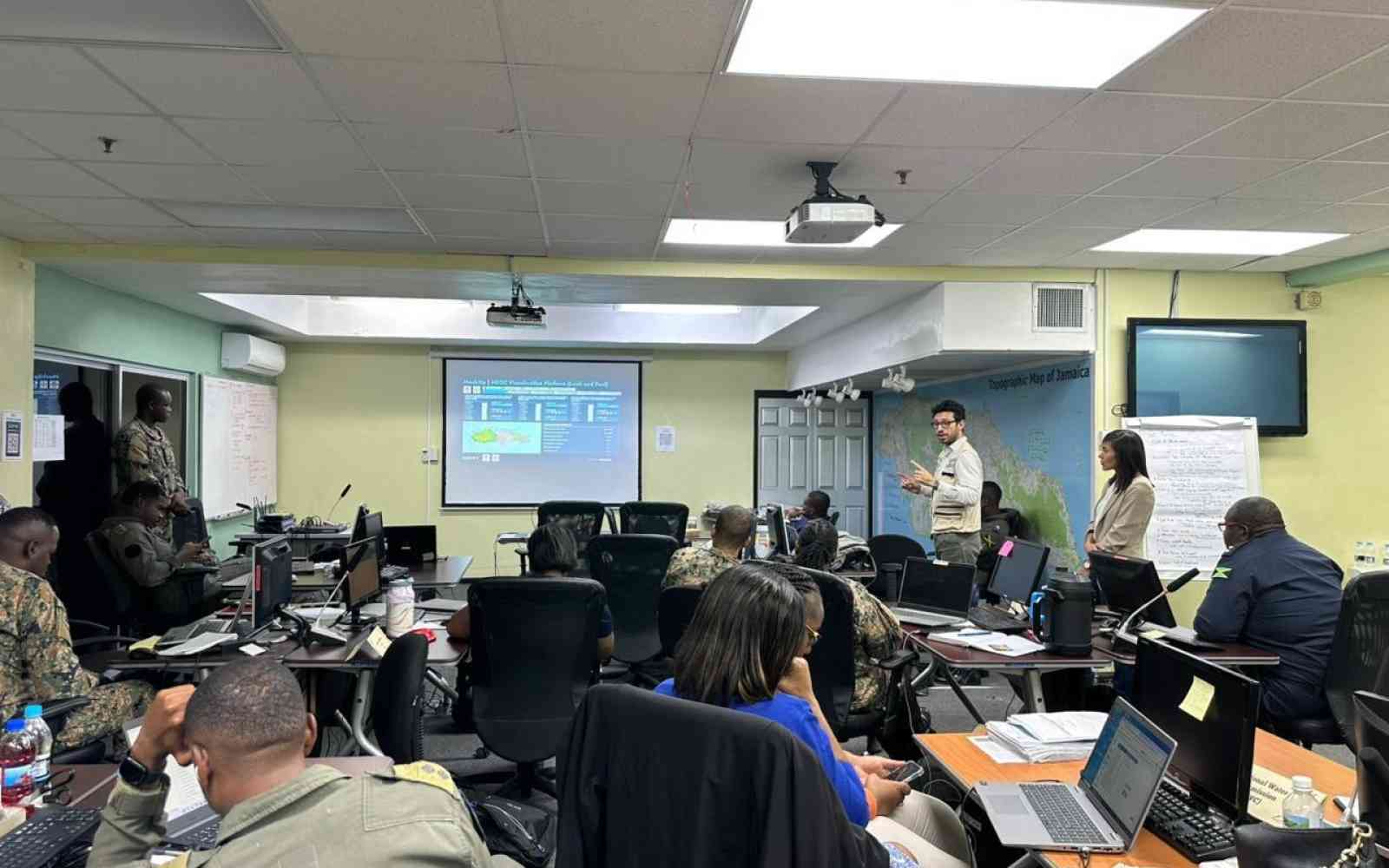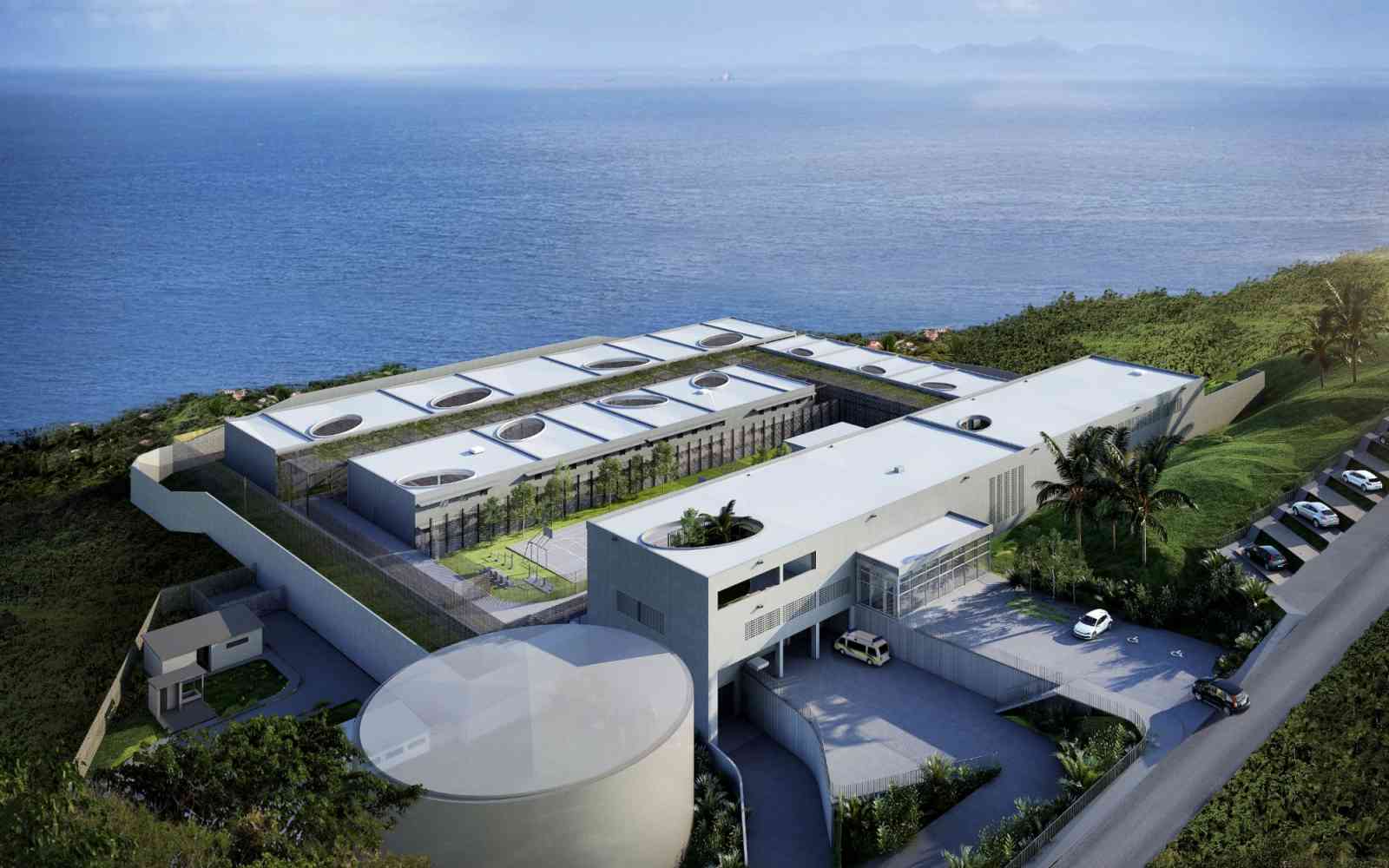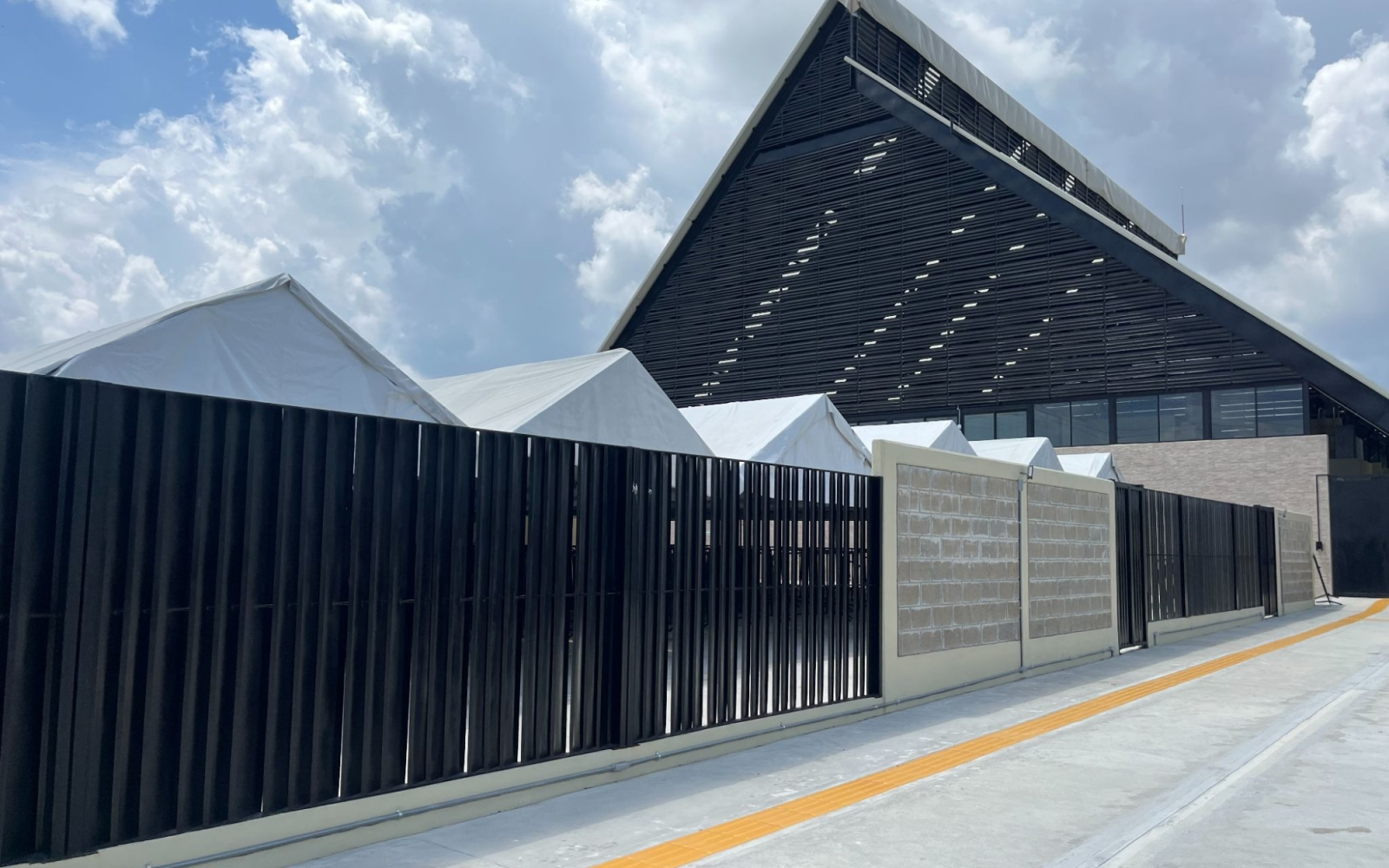The United Nations Office for Project Services (UNOPS)
Statement on UNOPS in Costa Rica
Response to media coverage regarding UNOPS operations and legal status
Summary
In recent months, discussions regarding UNOPS operations and legal status in Costa Rica has been the subject of media attention.
Media coverage relates to infrastructure projects implemented by UNOPS in collaboration with CONAVI, specifically in relation to the process of managing tenders. Accusations have been leveled in the press that UNOPS in unwilling to share documentation related to these tenders. This is untrue.
Initially, these projects moved forward based on a common understanding that there were no issues in relation to legal interpretation. As soon as it became apparent that there were differences of opinion, specifically related to operational aspects, all parties have been working together to clarify the situation.
To address interpretation issues, cooperate with the Government of Costa Rica and comply with UNOPS principles of confidentiality, UNOPS has indicated its willingness to share with all its partners all the documentation related to these tender files.
In order to share this information following the applicable legal framework, UNOPS has requested that confidentiality is respected and guaranteed. Proposals have been developed which could provide access to this information and ensure confidentiality.
All parties are in consultation to resolve any differences surrounding legal interpretations, and to ensure that principles of transparency and confidentiality are upheld. We are confident that through working together we can resolve the current situation for the benefit of all parties.
The parties involved include UNOPS in coordination with the Resident Coordinator of the United Nations System in Costa Rica, CONAVI, the MOPT and the Office of the Comptroller General of the Republic.
A full statement is outlined below.
Context
The United Nations Office for Project Services ("UNOPS") is a subsidiary organ of the United Nations ("UN"), established by UN General Assembly decision 48/501 of 19 September 1994. The Resolution 65/176 of the General Assembly reaffirmed the role of UNOPS as a central resource for the United Nations system in procurement and contracts management as well as in civil works and physical infrastructure development, including the related capacity development activities.
UNOPS legal framework in Costa Rica
The Legislative Assembly of Costa Rica on 27 July 2015 passed Law N° 9317 establishing the Host Country Agreement for UNOPS in Costa Rica. According to the National Constitution of Costa Rica this constitutes an international Treaty.
Legal framework applicable to projects implemented by UNOPS in Costa Rica
In Costa Rica, UNOPS and public entities – such as CONAVI and others - have signed agreements for the execution of projects, as partners. These project accords are based on the Treaty established by the exchange of letters signed between the Government of the Republic of Costa Rica and UNOPS, and adopted through Law N° 9317. These Agreements state that "the funds received shall be administered in accordance with the UNOPS Financial Regulations and Rules", and such Regulations and Rules also cover procurement activities. The signed Agreements are governed by international law adopted by Costa Rica and establish the regulatory framework to be applied during the execution of projects.
Awarding contracts from tenders conducted by UNOPS in the context of ongoing projects
Each tender is based on the procedures defined and agreed upon in the agreements approved by the public entity, establishing that the rules and regulations applicable to UNOPS constitute the legal framework of the tender. The regulations, rules and procedures that UNOPS applies in its procurement activities are consistent with best public sector procurement practices.
The rules applied to each bidding process are applicable to all participating bidders.
In particular, the protest regime available in relation to the award of a tenders is governed in accordance with UNOPS´ bidding documents and Procurement Manual.
According to what the national entity and UNOPS have agreed in the project agreement, once UNOPS has a final decision on an award, UNOPS communicates that decision to the national partner that has the authority to provide -or not provide- "no objection" to the decision. This decision by the national entities is governed by the rules and procedures applicable to them according to the national legal framework. On this basis, in certain cases, the partner will be required to involve other organs of the State, including the Comptroller General of the Republic.
Information to be considered as confidential by UNOPS regulations
UNOPS' Information Disclosure Policy (Organizational Directive 30, Revision 1) distinguishes between accessible information, available information and non-disclosure criteria. Non-disclosure cases include "information received from third parties with the expectation of confidentiality" (5.1a).
Insofar as it refers specifically to the confidentiality regime in bidding processes, the specific rules of the UNOPS Procurement Manual state the following:
"…unsuccessful suppliers can be briefed on the strengths and weaknesses of their own offers and contract information is disclosed publicly."
"Handling of offers is in its nature confidential, and it is essential that all information gained in the process be kept confidential."
"The evaluation report is a confidential document and must not be distributed to individuals other than those involved in the respective procurement process."
The UNOPS Procurement Manual in Spanish can be found in the following link.
The same vision is common in the UNOPS' and the other UN entities' regulatory frameworks.
Harmonizing legal frameworks
In recent months, some slightly different interpretations have appeared about a few operational aspects of the legal framework applicable to some of the infrastructure projects implemented by UNOPS in collaboration with CONAVI, specifically in relation with the process of managing protests from bidders.
While aware of the various interpretations about some operational aspects, all the parties involved in the agreement started consultations making their best effort to harmonize the interpretations: UNOPS in coordination with the Resident Coordinator of the United Nations System in Costa Rica, CONAVI, the MOPT and the Office of the Comptroller General of the Republic, have been coordinating a space for reciprocal consultation seeking to harmonize the interpretations on the different aspects of the processes that must be carried out in accordance with the legal framework established in the Agreements.
In particular, regarding confidentiality of tender processes held by UNOPS, in order to cooperate with the Government of Costa Rica and at the same time comply with its rules in terms of confidentiality, UNOPS has indicated several times its willingness to share with all its partners all the documentation related to the tender file, including content that according to the current regulatory framework of these projects is confidential, provided that the confidentiality is respected and guaranteed by the partner, in accordance with the legal framework that applies to the processes.










